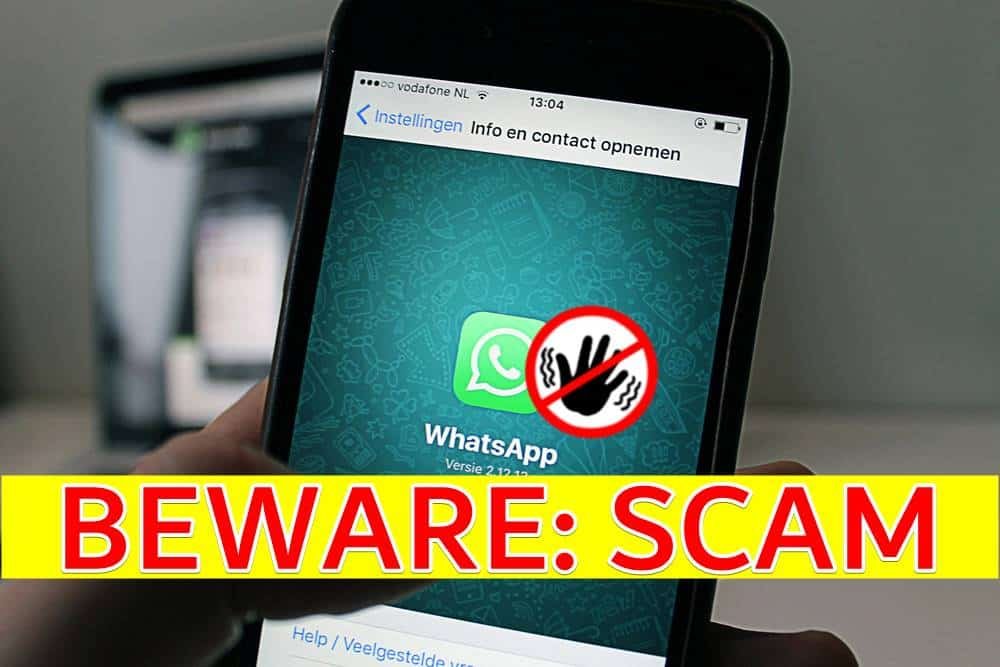Unfortunately, due to the fact that WhatsApp is such a popular messaging platform, it is susceptible to a variety of scams that target its users. It is essential to be aware of these cons in order to prevent yourself from becoming a victim of them. Here is a list of seven common WhatsApp scams, along with some advice on how to spot and avoid falling victim to them:
Fake prize offers: Scammers frequently use the claim that they have won a prize or lottery to entice users to use their services. Generally speaking, these messages will ask for personal information or a fee in order to qualify for the prize. Keep in mind that legitimate businesses will never ask for money or personal information in order to give away prizes.
Travel Scams: Some con artists use WhatsApp to offer enticing deals on vacation packages, hotels, and flights or other travel-related services. It is possible that they will request payment in advance, claiming to offer discounts or special deals. Before making any payments, it is essential to conduct extensive research on the company or travel agency, read reviews, and verify any offers that are being accepted.
Links to Phishing Websites: Fraudsters may send messages that contain links to websites that are used for phishing. These websites look like legitimate websites with the intention of stealing personal information such as passwords or credit card details from their users. When you are using WhatsApp, you should always exercise caution when clicking on links, and you should always verify URLs before accessing any websites.
Scams involving Lotteries and Sweepstakes: Scammers may inform users that they have won a lottery or sweepstakes, similar to how they may provide users with fake prize offers. However, in order to claim the prize, they will require an upfront payment of any applicable taxes or fees. Any requests for payment in exchange for what are supposedly winnings should be viewed with caution.
Fraudsters will sometimes impersonate users’ friends in order to send them messages that contain potentially harmful links or requests for personal information. These messages are known as fake friend messages. Before responding to friend requests or messages, it is important to carefully examine the sender’s ID and keep an eye out for any suspicious activity, such as requests for money or language that is not typical.
Employment Scams: WhatsApp has the potential to be a fertile ground for employment scams, in which con artists offer lucrative job opportunities that require little to no experience or qualifications. The majority of the time, these offers are actually fraudulent work-from-home schemes or pyramid schemes. If you receive a job offer that appears to be too good to be true, you should exercise caution and make sure to conduct extensive research on the company before providing any personal information.
Get-Rich-Quick Scams: Scammers may promise significant wealth in exchange for a small initial investment. These scams are known as fake wealth schemes. They might pretend to be members of the royal family, officials from the government, or wealthy individuals in order to solicit financial transfers or investments in questionable schemes. At all times, you should be wary of offers that promise returns that are not realistic, and you should never send money to an unknown person online.
When it comes to avoiding scams on WhatsApp, vigilance is the most important factor. You can protect yourself and your personal information from falling into the hands of con artists by maintaining an awareness of the world around you and maintaining a healthy level of skepticism regarding unsolicited messages or offers.
READ MORE: How to get IRS 4th Stimulus check: Check Your Elegibility and Documents Apply Now





